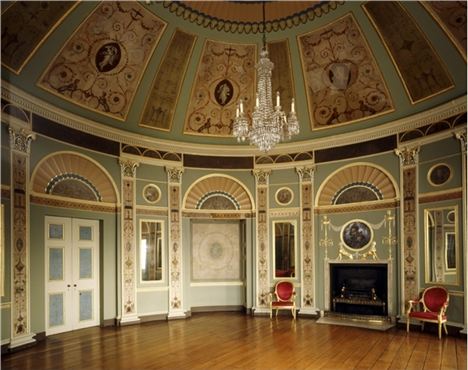CONFIDENTIAL received this intriguing release from Manchester City Council yesterday.
Press release from Manchester City Council
Manchester City Council and the National Trust, along with representatives from English Heritage and Marketing Manchester, will be meeting on Wednesday 27 November to continue discussions about developing a partnership at various levels to shape the future of Heaton Park and Hall.
This is very good news, confirming rumours about talks between the council and the National Trust.
Certainly something needs to be done to secure the crumbling yet magnificent hall. The decayed state of the west wing and the denial of access to the public into this public building is a disgrace.
As we reported on Confidential earlier this year this neglect is nationally notorious.
Dr Nicholas Penny, the Director of the National Gallery, speaking at the launch of a Manchester Art Gallery exhibition in May, said: "The next job is to get started on Heaton Hall, Manchester's extremely important neo-Classical house in Heaton Park. This is urgent."
The mothballing of Heaton Hall in the last couple of years has been controversial in the extreme - even featuring in Private Eye.
It is the best historic and cultural asset outside the city centre but within the city boundaries. It is of national importance and Grade I listed.
As we've written on these pages before: 'Heaton Hall, the centre-piece of the park, is in danger of mouldering away. It's to the city's shame that the west wing of this lovely building has been a roofed shell since a fire in the 1983 - thirty years ago. Built in 1772, designed by James Wyatt, Heaton Hall lies closed to the public, shuttered off, and yet it has been described as 'a building of refinement and elegance not exceeded in any English house of these years'.'
Effortlessly beautiful interiors of a nationally important house
Let's hope these talks between Manchester City Council and the National Trust lead not to more talks and then more talks but decisions on saving the building and maintaining the splendid park surrounding it.
After all the reason why the estate was bought in 1902 from the Earl of Wilton was as a recreational and cultural resource for the people of Manchester in perpetuity.
You can follow Jonathan Schofield on Twitter here @JonathSchofield or connect via Google+











